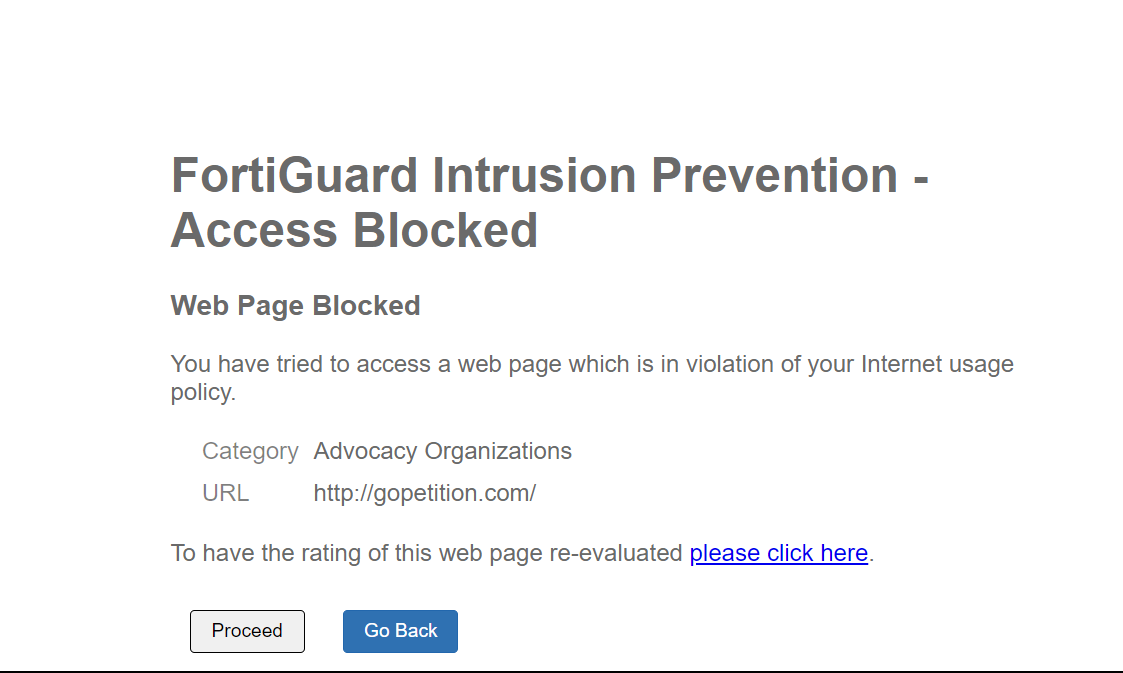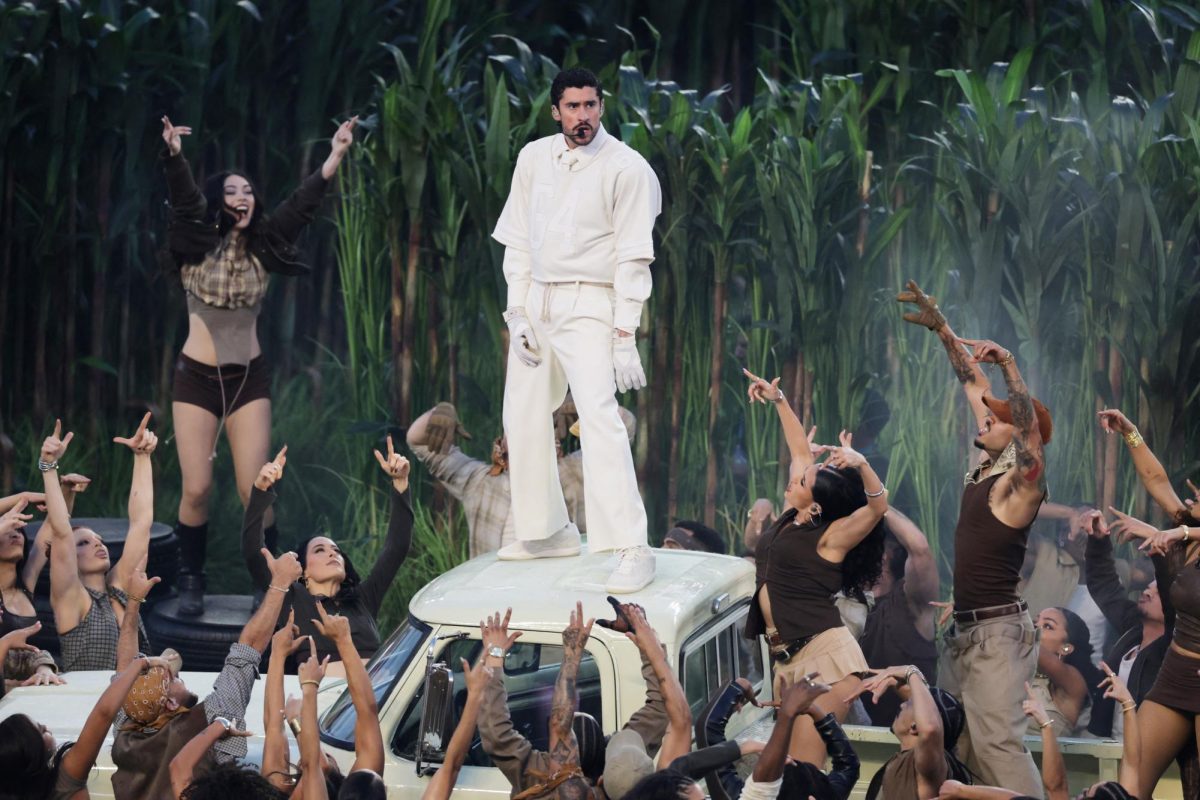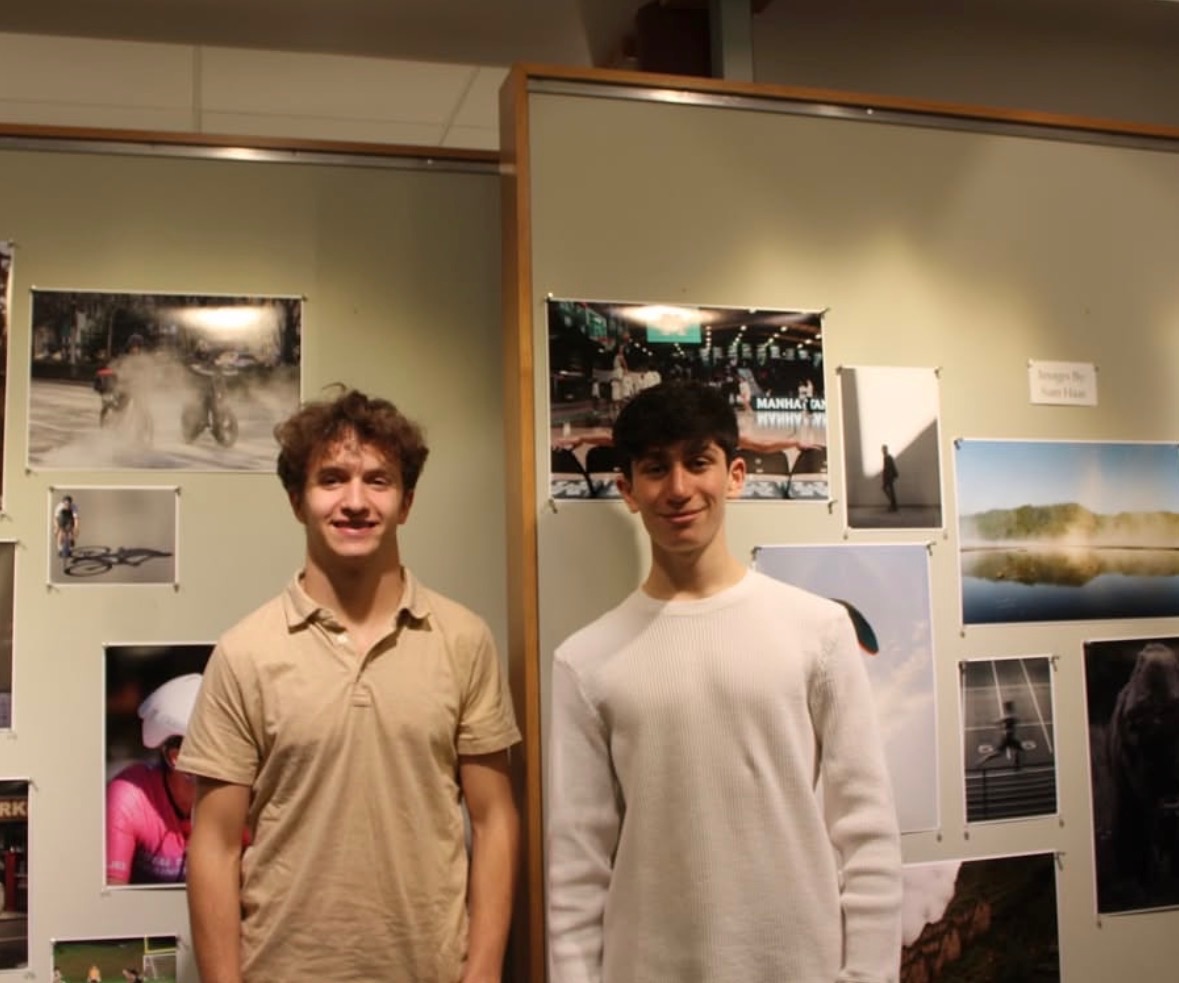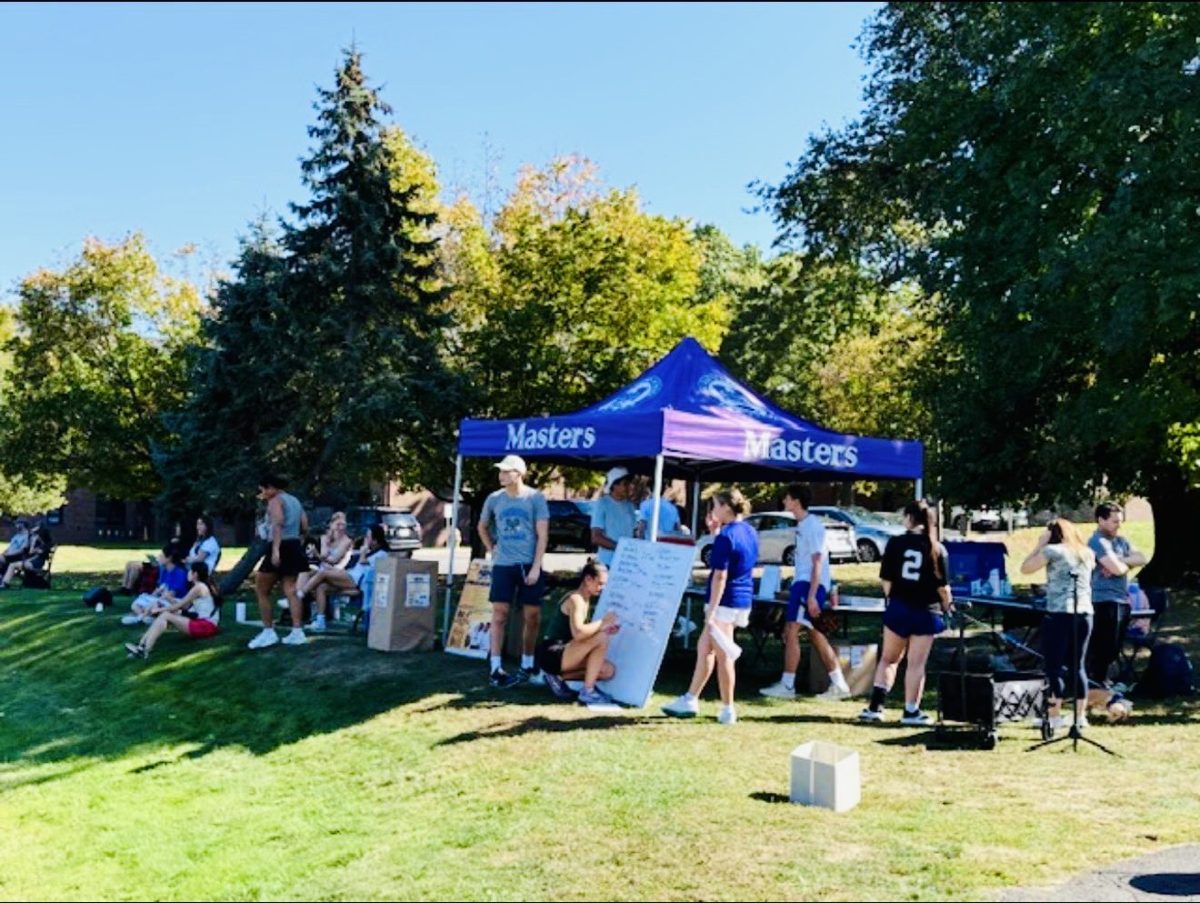About a year ago, while doing research for a school project, Senior Xavier Rolston found that the website for Planned Parenthood was blocked. There was a link to “submit an appeal”, so he did that, hoping that Masters would unblock the site. By the time I stumbled upon it, though, it was still blocked, this time with a browser message saying “your connection is not private”, so I didn’t think anything of it. It was only when I found a page about Voodoo practices also blocked, this time under the category of “alternative beliefs”, that I began to scratch my head.
According to the message given, the page had been blocked by FortiGuard, which I learned was a web-blocking service for the FortiGate firewall that is provided by Fortinet, a California-based provider well known in the academic industry. Masters uses a list of blocked sites generated by Fortinet’s AI program, a list which is still actively generating due to the technology’s real-time scan of online sites.
Because of AI technology, sites would be blocked one day and not the next. Show one browser message one day and a different one a week later. The blocked sites would also differ depending on whether it’s a student or faculty member trying to access the page. AI has blocked hundreds of sites, organized under various categories. The site for my essay in World Religions on Voodooism is blocked under the category “alternative beliefs,” while sites such as Planned Parenthood and the Center for Reproductive Rights were blocked under the category “abortion.” The category “advocacy organization” included Change.org and GoPetition.com.
But these sites aren’t actually blocked, despite the message stating that is the case. These three categories still allow you to proceed to the website, although sometimes you have to click through multiple screens to get there.
Other sites that are blocked entirely are those where one can buy alcohol, drugs, or gamble. Many online gaming websites are also blocked, including Steam. While the majority of the blocked sites are due to their “mature” content, some are blocked for the sake of protection.
Humanrights.org is blocked, but not under “advocacy organizations.” The site is actually a phishing scam, intended to imitate the actual hrc.org site and steal users’ information.
Sometimes the AI will block sites that shouldn’t be restricted. If such a mistake ever arises, the student can reach out to the tech department to fix the issue.
“It’s a simple request for IT and they review it, and unblock it,” said Jeff Carnevale, Dean of Students. But if it was simple, how come the initial example was never unblocked, despite the year-old appeal?
When I spoke to Bhavin Patel, the head of the tech department, he was quick to unblock Planned Parenthood. He also explained to me why it hadn’t been unblocked already.
“That appeal went to Fortinet, not [the tech department]. If you run into an issue with a blocked website, just send us an email or stop by,” Patel said.
Patel said that there was no Masters-specific student policy on what was or wasn’t blocked, and that generally the school adheres to FortiGuard’s filters, which could update frequently depending on the content of the site.
How, then, is it determined which sites are blocked or not? It’s a combination of multiple factors. The predominant determiner is the AI filter, but the student handbook has its own clause. It reads, “…all access to the internet is filtered and monitored. The School cannot monitor every activity but retains the right to monitor activities utilizing school technologies. By filtering internet access, the School intends to block offensive, obscene and inappropriate images and content including pornography.”









